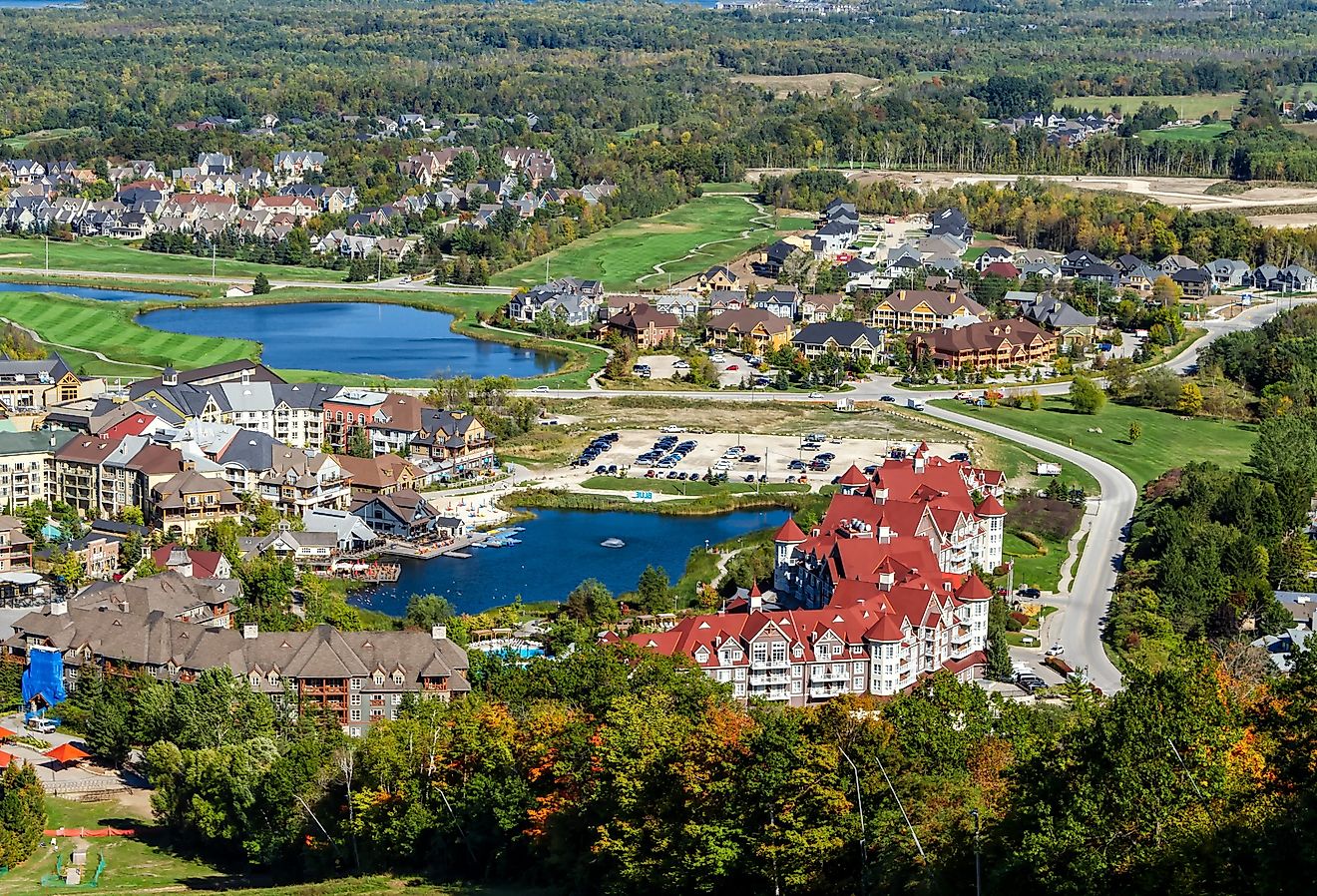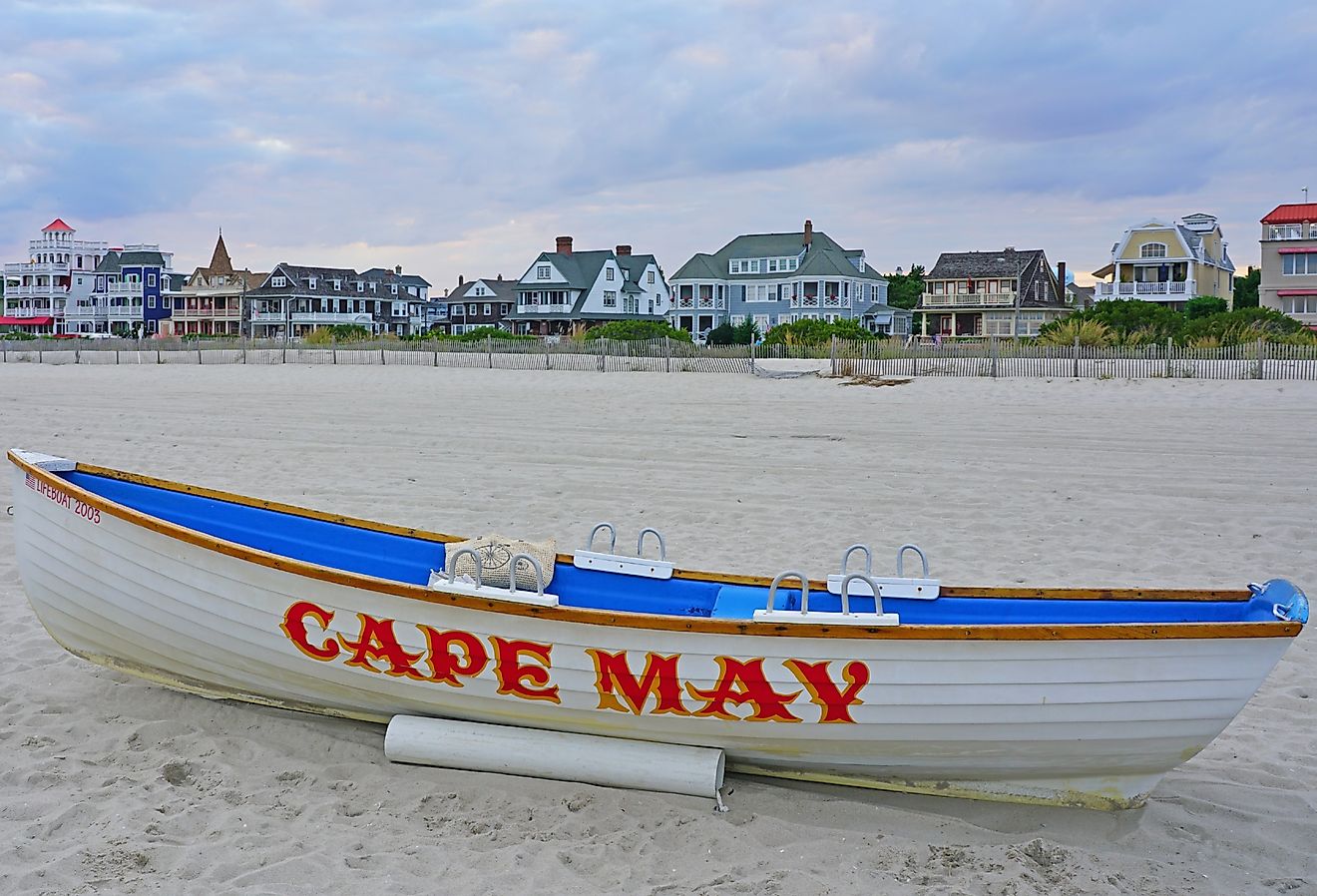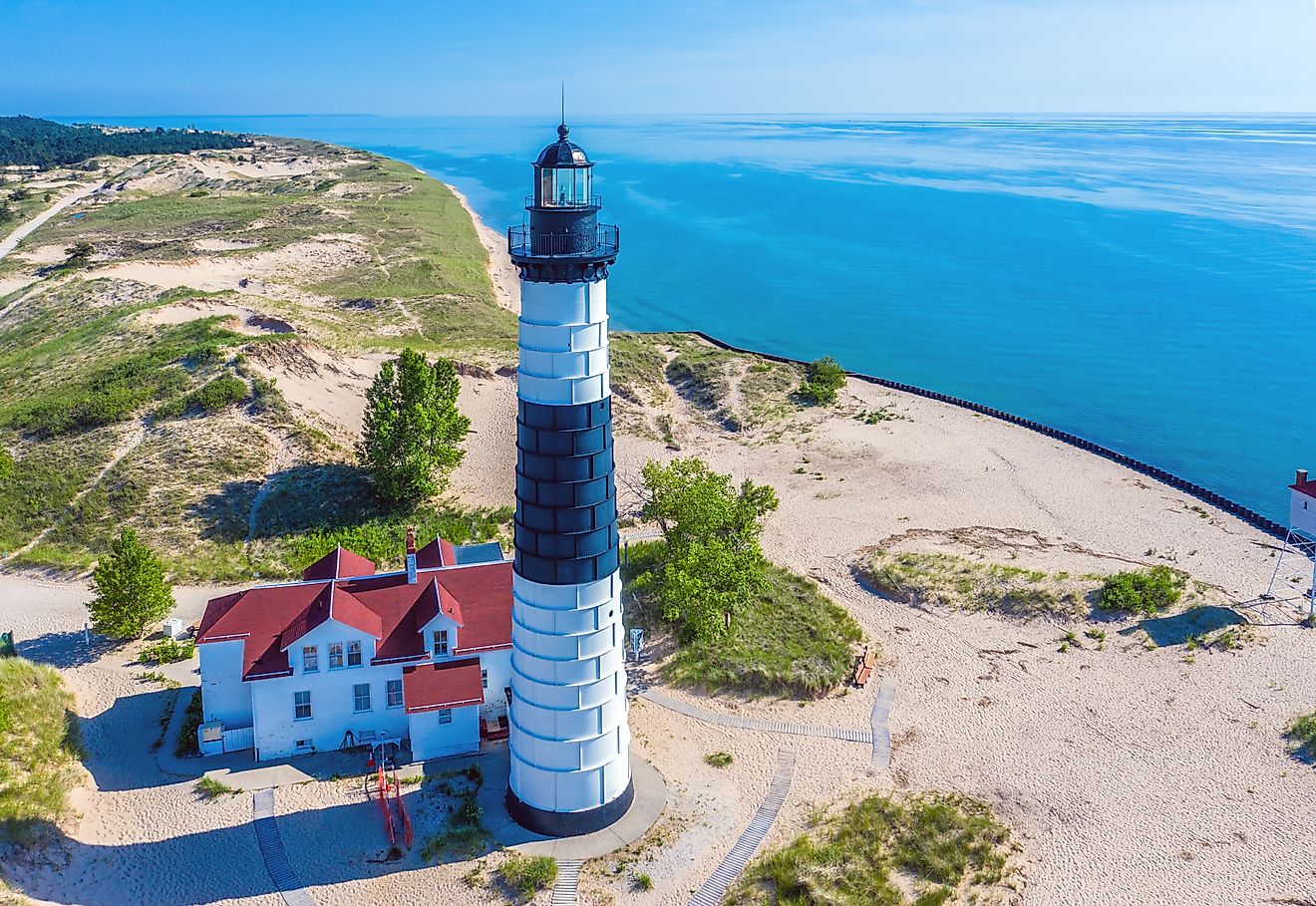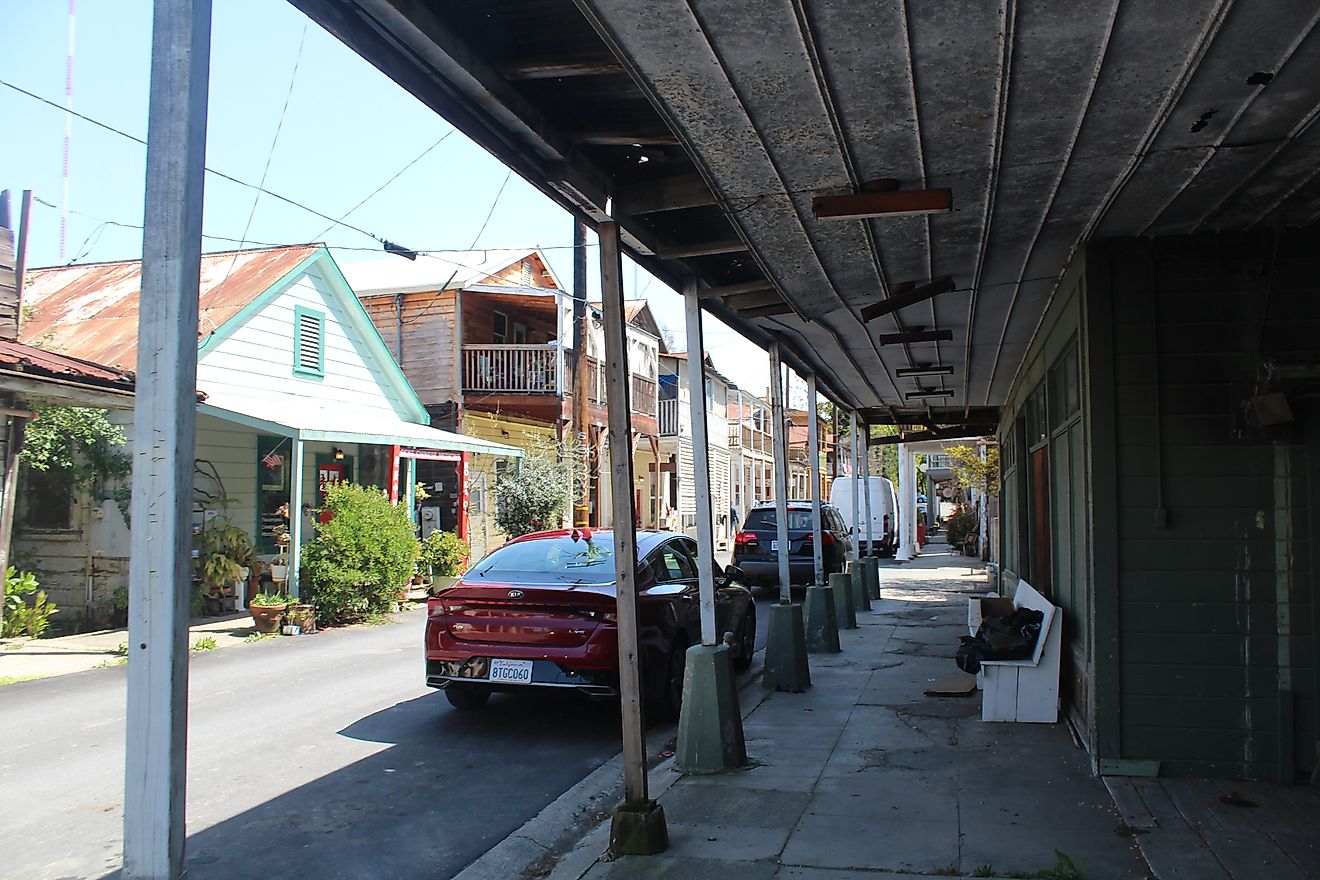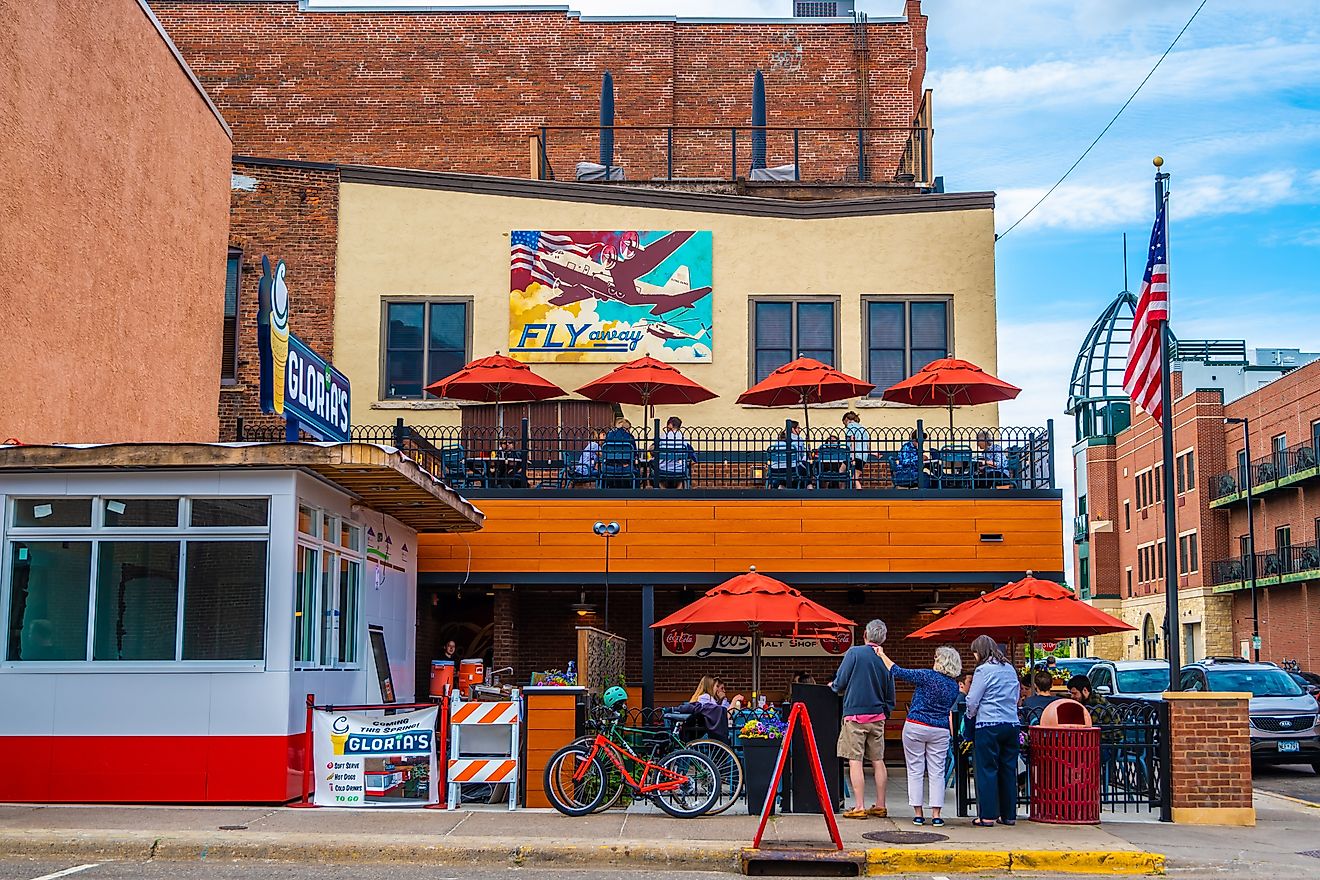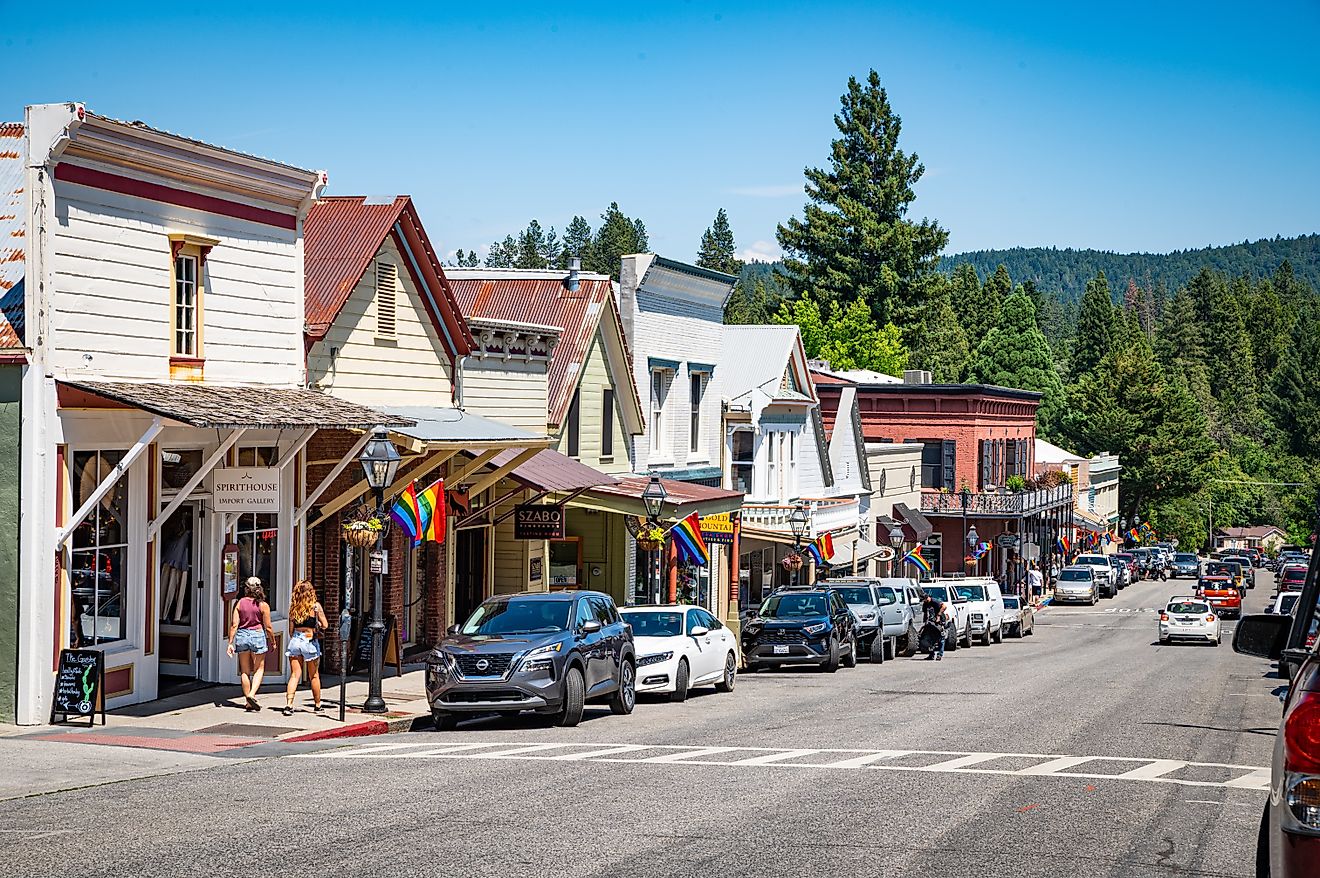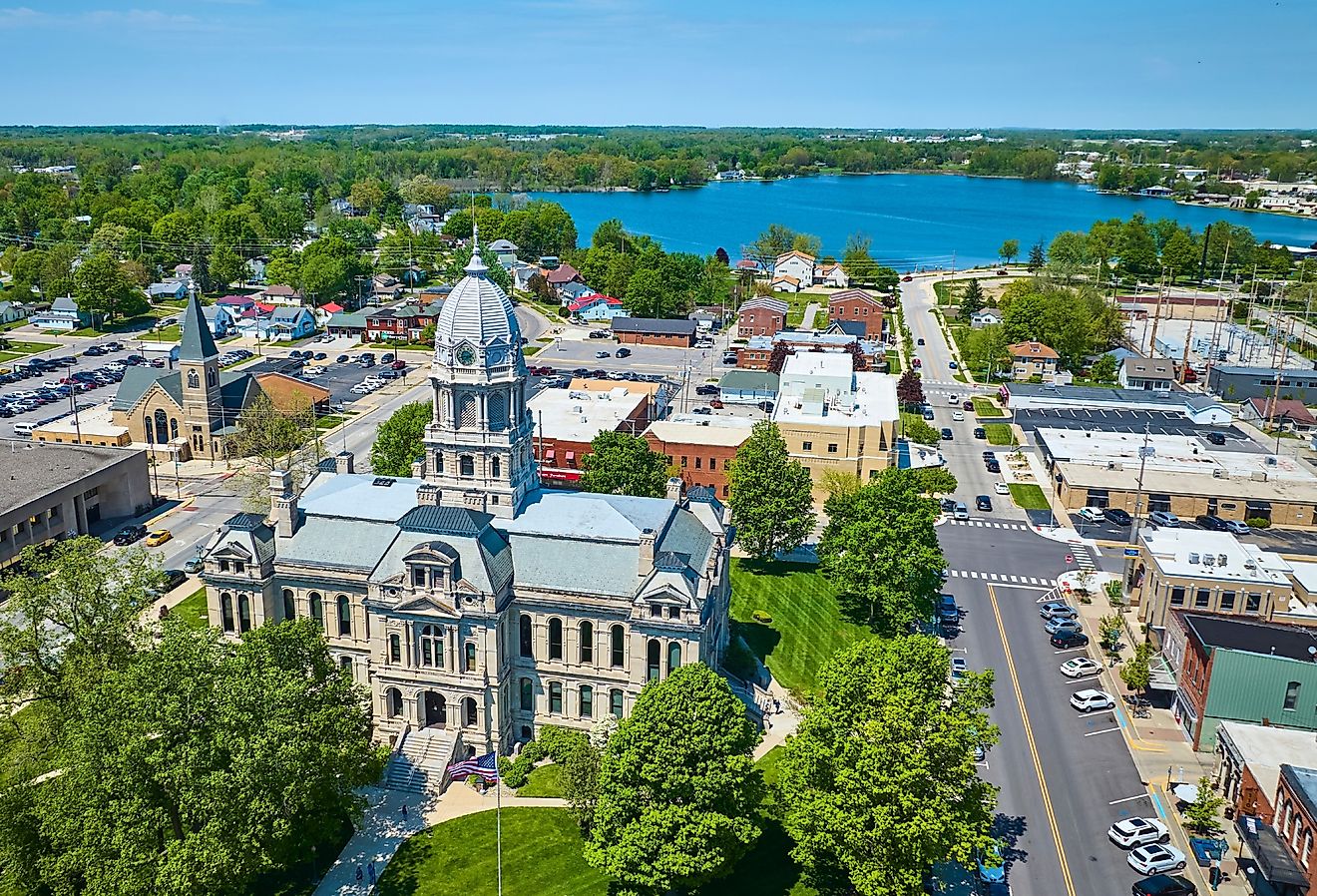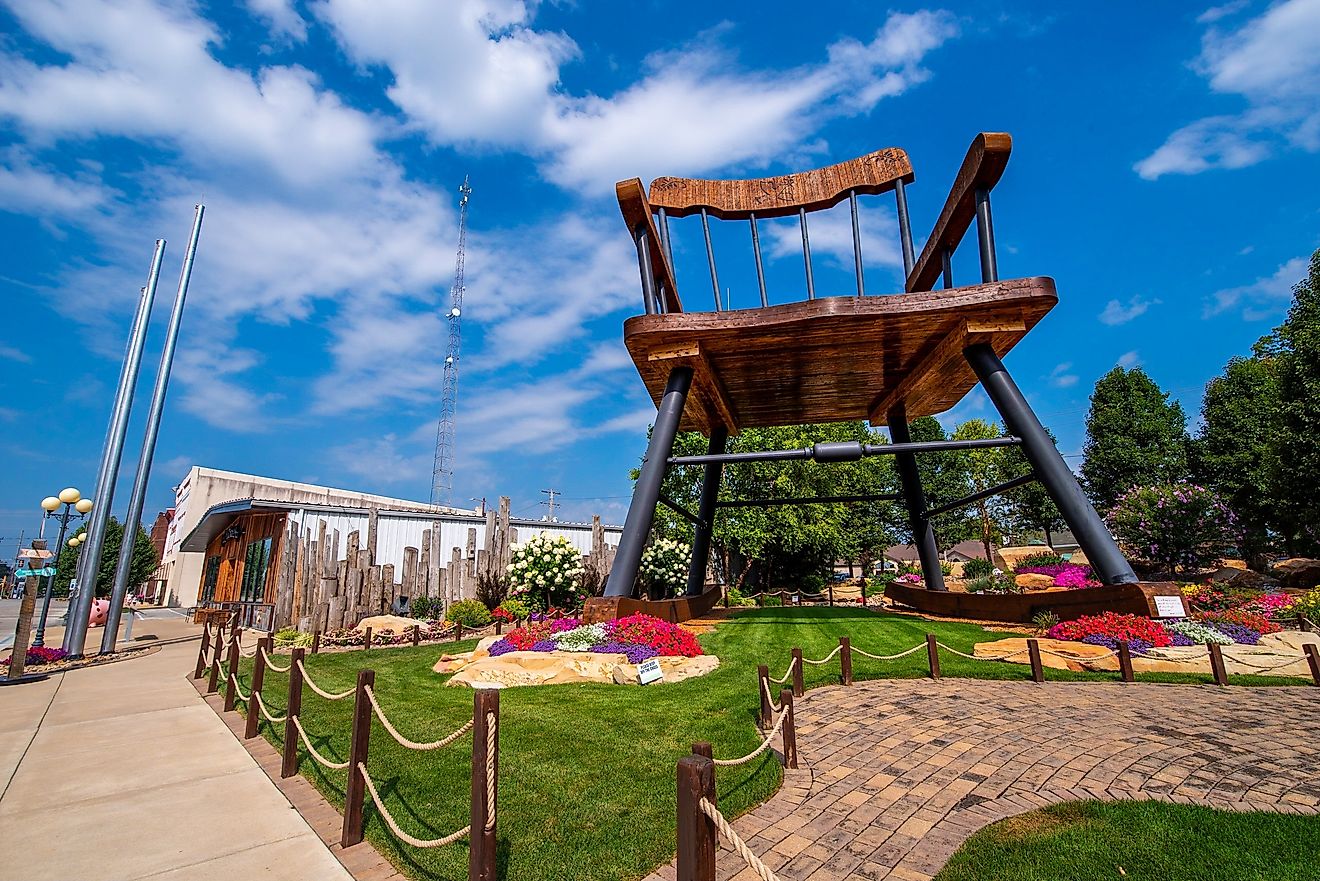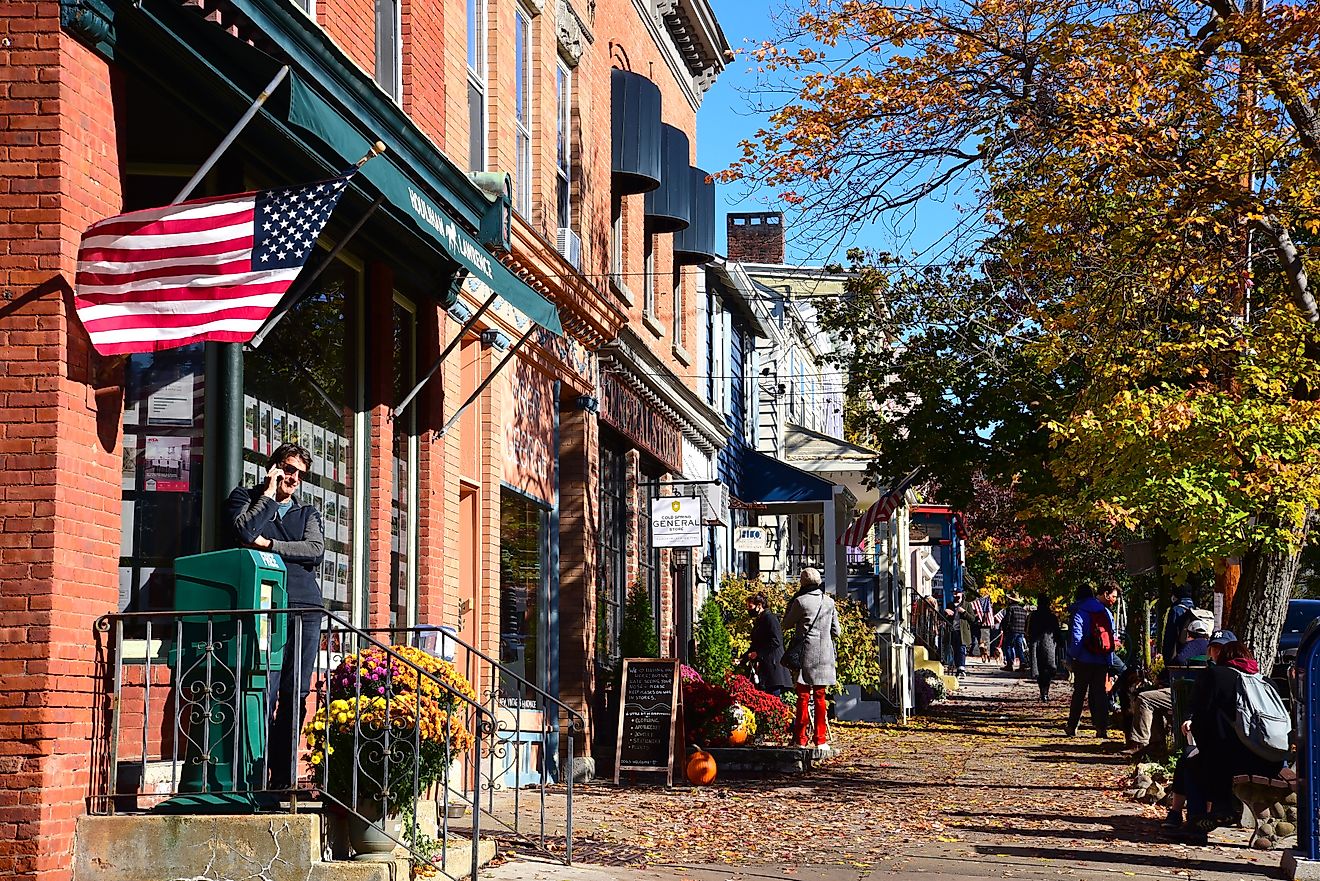
Ventnor City, New Jersey
Ventnor City is a coastal city located in the US state of New Jersey. The city is situated on an island, adjacent to the more well-known Atlantic City. The city has a small population of less than 10,000 people. It is generally regarded as a seaside resort. In fact, it takes its name from another seaside resort in England. Ventnor City was arguably an architype for other American suburban communities, as its development revolved around the automobile. Today, tourists enjoy taking in the city’s beaches, which are all situated alongside what is more-or-less an extension of the famous Atlantic City Boardwalk.
Geography Of Ventnor City

Ventnor City is located on Absecon Island, in southern New Jersey. To the north of the city are other islands, including Shelter Island, which is part of Ventnor City’s city limits, and Great Island, both of which are situated in Lakes Bay. The southern part of Ventnor City faces the Atlantic Ocean. Other cities on Absecon Island include Atlantic City, located northeast of Ventnor City, and Margate City and Longport to the southwest. A canal known as the West Canal runs through part of the city, separating the neighborhood of Ventnor Heights from the rest of the city. Ventnor City has a total area of 9.13 sq. km, of which 5.07 sq. km is land and 4.06 sq. km is water.
Population Of Ventnor City

Ventnor City has a population of 9,717 residents. Thus, the city’s population has decreased since the 2010 Census, which showed that it was home to 10,650 people. About 80% of Ventnor City’s population is considered white, of whom most are non-Hispanic. People of Asian descent make up the next biggest group at 9.82%, followed by African Americans at 5.01%. Nearly 70% of Ventnor City’s residents speak only English, while 15% speak Spanish. Approximately 80% of the city’s population was born in the United States, while 45.70% were born in the city itself. Of the one fifth of the population that was born outside of the United States, nearly half are from Asia, 27.3% are from Latin America, and 21.8% are from Europe. Non-citizens make up 5.28% of the population. Almost two thirds of these non-citizens come from Latin America.
Economy Of Ventnor City
Average earnings in Ventnor City total $33,511. The poverty rate in the city stands at 12.76%. The largest industries in Ventnor City in terms of number of employees are accommodations & food services, healthcare & social assistance, and arts, entertainment & recreation.
History Of Ventnor City

The story of Ventnor City begins in the late 19th century. A woman named Mrs. S. Bartram Richards had recently made a visit to an English seaside resort located on the Isle of Wight. The name of the community was Ventnor City. She and her husband, who was the secretary-treasurer of the Camden and Atlantic Land Company, were so impressed by the beauty of the resort that they decided to name the section of land south of Atlantic City after it. The name Ventnor City was officially adopted in 1889, though the community itself was not officially incorporated by the state of New Jersey until 1903.
Ventnor City was among the first communities in the United States to be developed as an automobile suburb, a community that was developed for people who owned cars. Thus, the city was characterized by single-family homes on large, spacious lots. This was around the time that the era of the mass-produced automobile began. Throughout the 20th century, many if not most US suburbs were built in a fashion similar to that of Ventnor City. The development of Ventnor City as an automobile suburb was helped by the fact that it was connected by the Black Horse Pike, a network of roadways that connected the city to Philadelphia.
Ventnor City grew rapidly during the 1910s. Whereas there were less than a hundred houses in the community in 1910, there were 1,300 by 1917. After the First World War, real estate in the community boomed. Houses that were selling for between $13,000 and $15,000 before the war were selling for upwards of $40,000 to $60,000 after it. The city became a favorite destination among cottagers who stayed there during the summer. It was not uncommon for permanent residents of the city who lived in large houses to rent out their houses to visitors during the summer. When the temporary residents moved in, the owners would take up residence in their own summer cottages in Ventnor Heights. By 1930, Ventnor City had a population of 6,674 residents. This population was nearly doubled by the year 2000, though it has been steadily declining since then.
Attractions In Ventnor City

Ventnor City is widely regarded as a vacation spot. One aspect of the city that attracts tourists is its beaches. The Ventnor City government website lists eleven different beaches that are open to the public during the summer. For those who like to fish, the Ventnor City fishing pier is the place to be. The pier measures 1,000 feet, making it the largest fishing pier in the state of New Jersey. Another attraction in Ventnor City worth seeing is the boardwalk. This boardwalk runs along the entirety of the city’s 2.7 km long beachfront, and connects to the Atlantic City Boardwalk, which is the longest boardwalk in the world. The boardwalk ends at Ventnor City’s border with Margate City.

